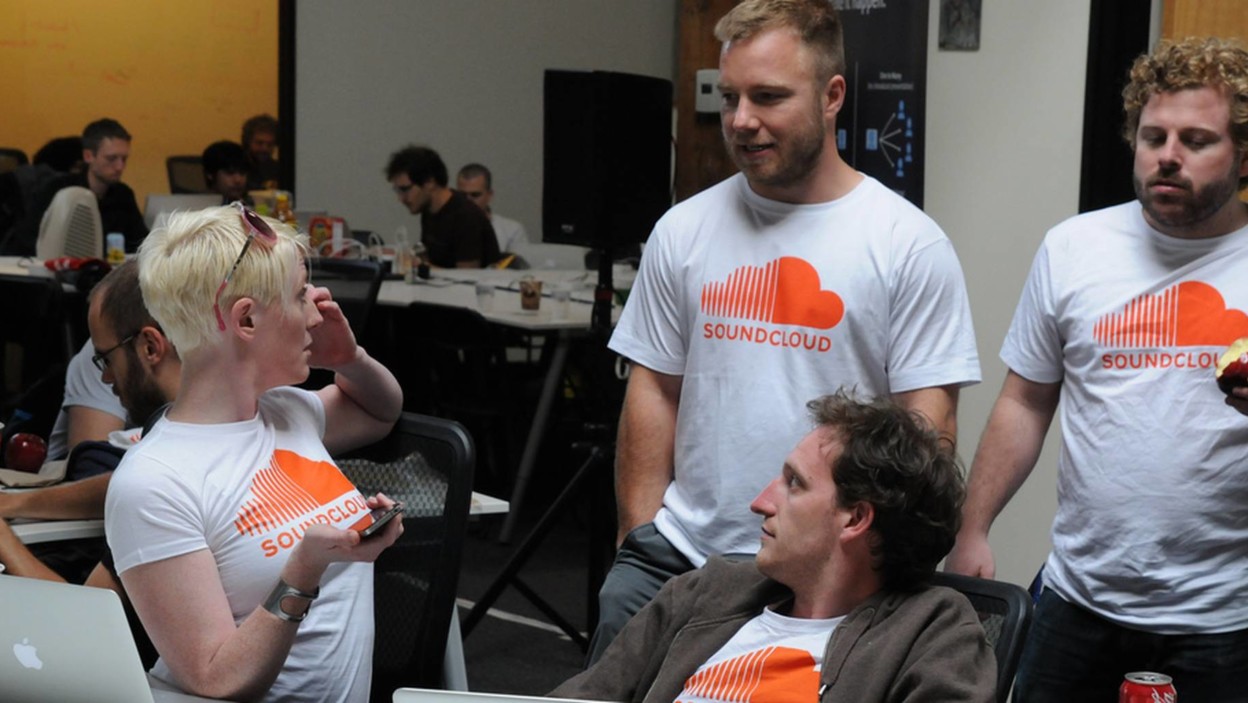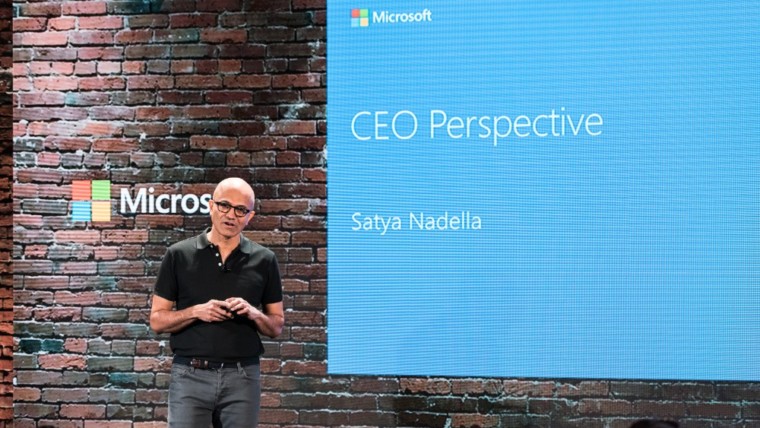Keeping everyone on a team involved and accountable is challenging enough with a small group, but it becomes even harder as teams grow. SoundCloud realized that rapid growth and being spread across four time zones was beginning to hamper communication between teams, so they established clear practices for their all hands meetings:
- Determine how often all-hands meetings should take place. As the company grew larger, SoundCloud reduced their all-hands meeting schedule, from once a week to six to eight meetings per quarter. Meetings require preparation and time, and scheduling less frequent meetings helps assure that the meetings they do have are high quality.
- Pick meeting themes that align with company’s priorities. SoundCloud picks a theme for each meeting that aligns with the quarter’s priorities, ensuring that the meetings are interesting and relevant to all employees. In addition, it forces those preparing the meetings to be more thoughtful about what information is shared and discussed at the meeting.
- Delegate responsibility for meeting preparation. SoundCloud has two key owners for each meeting: the Curator and the Host. The Curator decides the meeting’s theme, agenda, and speakers, while the Host works on the logistics and facilitates the meeting. This distributes the work that goes into preparing for a meeting, and creates accountability for its quality.
- Include time for practice. The meeting production team plans each meeting about three weeks ahead of time, and does a test run with all the speakers two days in advance. This timeline helps preparation go smoother, and provides time for last-minute changes.
- Prioritize and plan for the inclusion of remote employees. To make sure that employees across different continents are just as engaged as those who are in the room, SoundCloud pays attention to details like video quality and the style of PowerPoint presentation, which helps remote employees stay engaged throughout the meeting.
- Encourage participation through all channels. Every meeting includes a Q&A session, and SoundCloud allows employees of all levels to ask questions through different channels such as online, company chat, or in person. This encourages people to participate by catering to people with different communication styles.
- Get feedback. After every meeting, SoundCloud solicits employee feedback about the meeting material and format through a short survey. This allows them to see what works and what doesn’t, and prompts continual tweaks to improve the meetings.
- Create a platform for smaller, informal meetings. All hands aren’t the end-all, be-all of meetings: for topics that are only relevant to a subset of employees, SoundCloud holds Open Houses, which are small and informal meetings that are flexible in format and content. By providing a space where employees can voluntarily attend to dig deeper into topics of their interest, Open Houses build connections across the company and give voices to a more diverse group of people.
- Keep meetings open to everyone. SoundCloud also creates company-wide transparency by allowing employees of different teams to sit in on others’ meetings. They also pick three random employees from a pool of nominees to attend upper management meetings and publish notes. This permits employees to observe what is going on in other parts of the company and promotes connection, cooperation, and engagement.
Published January 22, 2017








The Evolutionary Edge
Every Link Ever from Our Newsletter
Why Self-Organizing is So Hard
Welcome to the Era of the Empowered Employee
The Power of “What If?” and “Why Not?”
An Adaptive Approach to the Strategic Planning Process
Why Culture/Market Fit Is More Important than Product/Market Fit
Group Decision Making Model: How to Make Better Decisions as a Team